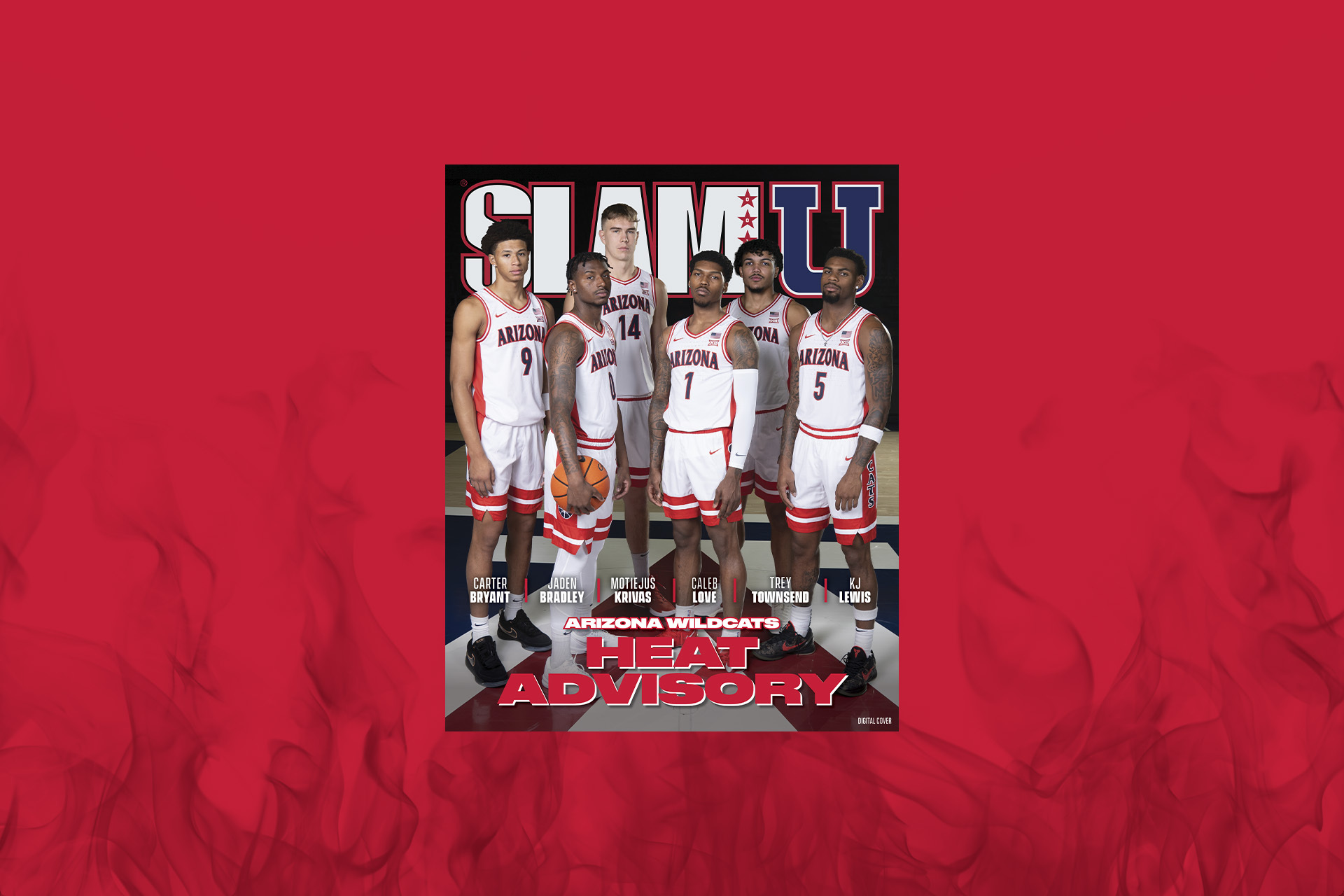A recent poll commissioned by the Public Policy Institute of California has shown that defeat is more than likely in commercial operators bid to legalize online sports betting wagering across CA.
Polling suggests that 34% of ‘likely’ voters would opt against Proposition 27; the proposition to allow online and mobile sports wagering outside of tribal lands. The Proposition, should it be passed, would ‘allow Indian tribes and affiliated businesses to operate online and mobile sports wagering outside tribal lands”. The poll suggests that ‘among partisans’, a strong majority of Republicans are set to vote “no”, with half of Democrats and independents following suit.
When looking at specific regions, the majorities in the Inland Empire, Orange, San Diego and San Fransisco Bay would predominantly vote “no” whereas Los Angeles and Central Valley are divided. The only demographics that edge towards “yes” are voters aged 18 to 44 with 52% and renters with 51%.
What about Proposition 26?
The poll doesn’t address Proposition 26, which would allow Tribal casinos to operate a sportsbook on a retail basis; which analysts have also suggested may fall short of the 50% required due to staunch opposition from California’s cardrooms amongst other opponents.
Orange County is set to be one of the largest legal sports betting states in the entire United States of America should it become legal although most pointers are now suggesting it’s unlikely both on a retail and online basis. The polling is interesting, in that the younger demographic tend to be in favor of legalized online sports betting whereas older voters remain staunchly against it. This is likely echoed across the country, although most legaliszed states did not have to go through a legalization process as arduous or with ballots such as CA must.
With DraftKings and FanDuel continuing to lead the Proposition 27 charge, the marketing costs are already set to break records for ballot campaigns and there’s still just under two months to go. CA sports betting, and legalized gaming across the state remains in limbo, but currently looks unlikely to become the reality many commercial operators have hoped.






